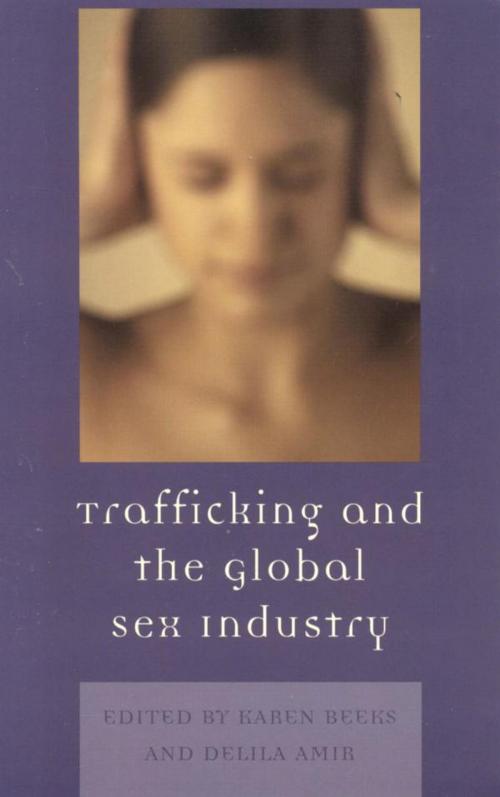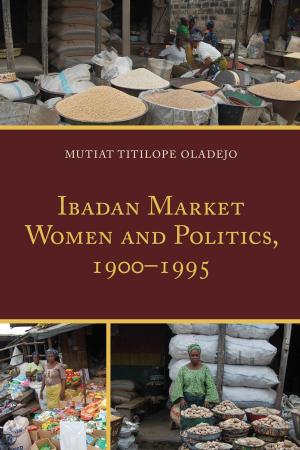Trafficking & the Global Sex Industry
Nonfiction, Social & Cultural Studies, Political Science, Government, Public Policy| Author: | Karen D. Beeks, Delila Amir | ISBN: | 9780739161906 |
| Publisher: | Lexington Books | Publication: | February 28, 2006 |
| Imprint: | Lexington Books | Language: | English |
| Author: | Karen D. Beeks, Delila Amir |
| ISBN: | 9780739161906 |
| Publisher: | Lexington Books |
| Publication: | February 28, 2006 |
| Imprint: | Lexington Books |
| Language: | English |
Trafficking of persons (mostly women and children) for commercial sexual activities and forced labor is one of the fastest growing areas of international crime. The United Nations estimates that 4 million men, women, and children become victims of international trafficking each year. Trafficking & the Global Sex Industry focuses on the international trafficking of women and children for forced labor and prostitution. This remarkable anthology takes a broad geographical and economical perspective while also dealing with the specificities of the socio-political background, poverty, opportunity structure, legal conditions, the role of the state, gender structure, and the organization of the trafficking business. The essays create a link from country to country, demonstrating the worldwide nature of the problem. Expertly written and well researched, this collection gives the reader a clearer understanding of the problem and the actions being taken to combat it. Trafficking & the Global Sex Industry will have a broad market for readers on a national and international level, especially among those interested in political science, women's studies, international relations, and criminology.
Trafficking of persons (mostly women and children) for commercial sexual activities and forced labor is one of the fastest growing areas of international crime. The United Nations estimates that 4 million men, women, and children become victims of international trafficking each year. Trafficking & the Global Sex Industry focuses on the international trafficking of women and children for forced labor and prostitution. This remarkable anthology takes a broad geographical and economical perspective while also dealing with the specificities of the socio-political background, poverty, opportunity structure, legal conditions, the role of the state, gender structure, and the organization of the trafficking business. The essays create a link from country to country, demonstrating the worldwide nature of the problem. Expertly written and well researched, this collection gives the reader a clearer understanding of the problem and the actions being taken to combat it. Trafficking & the Global Sex Industry will have a broad market for readers on a national and international level, especially among those interested in political science, women's studies, international relations, and criminology.















